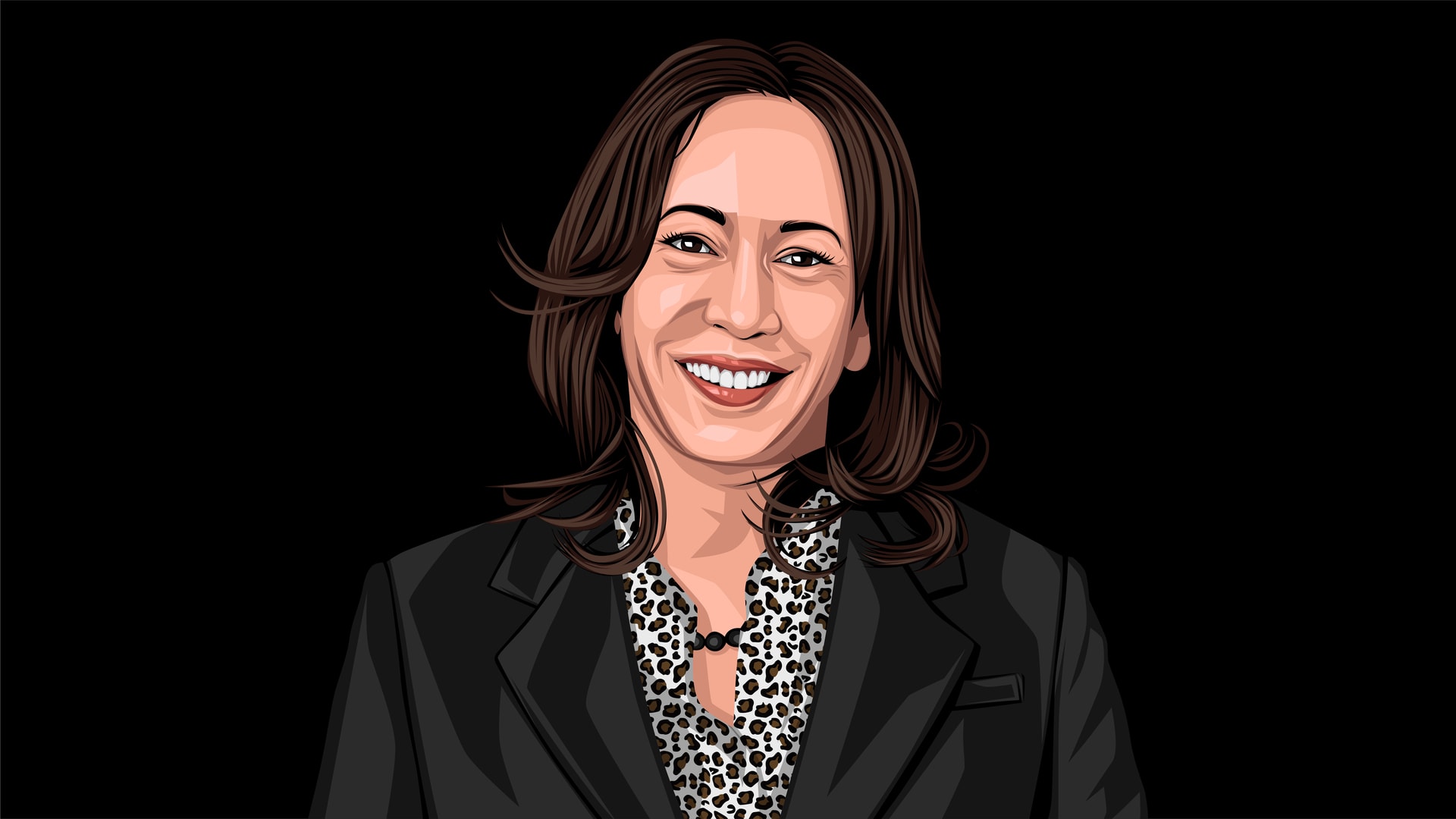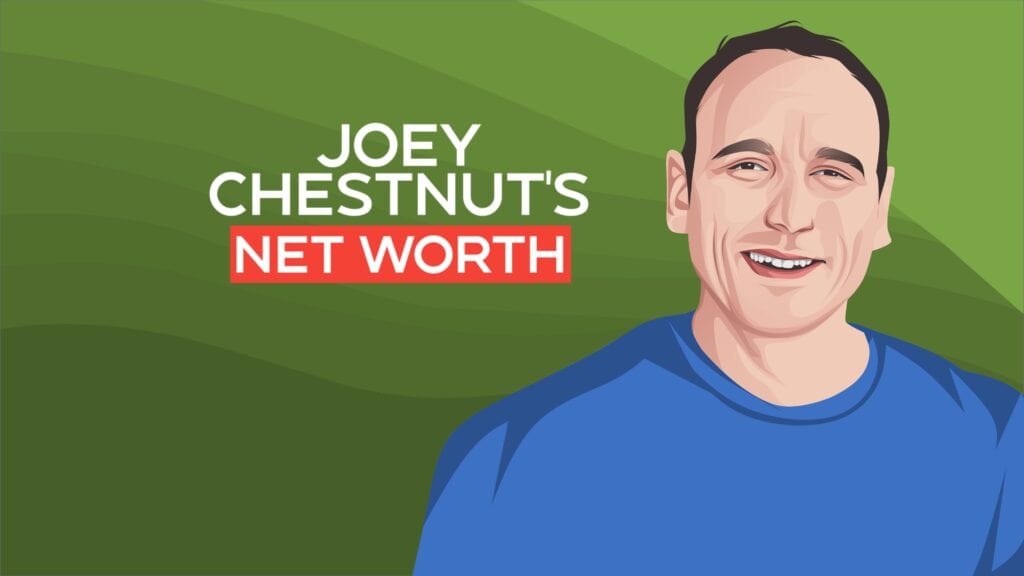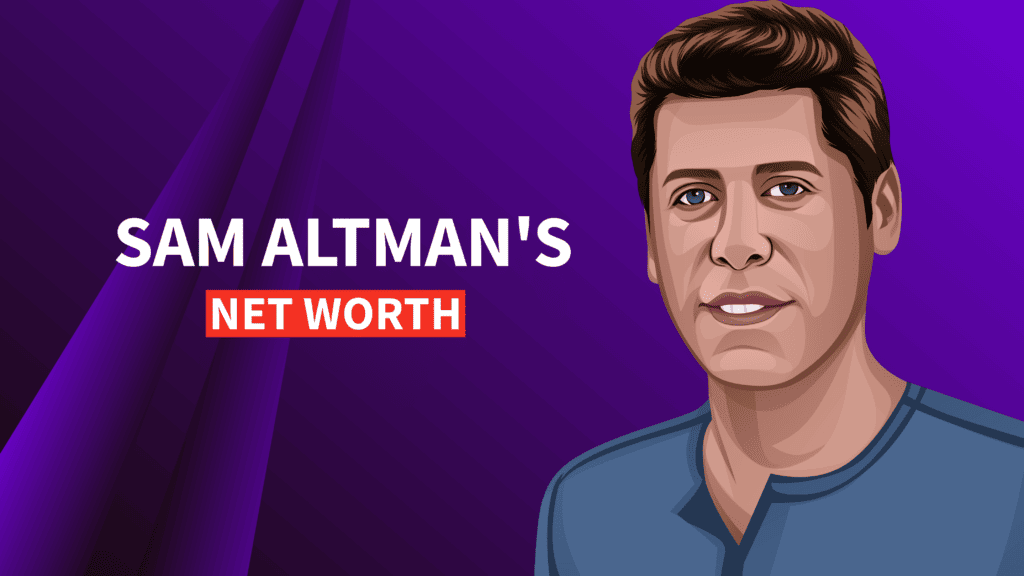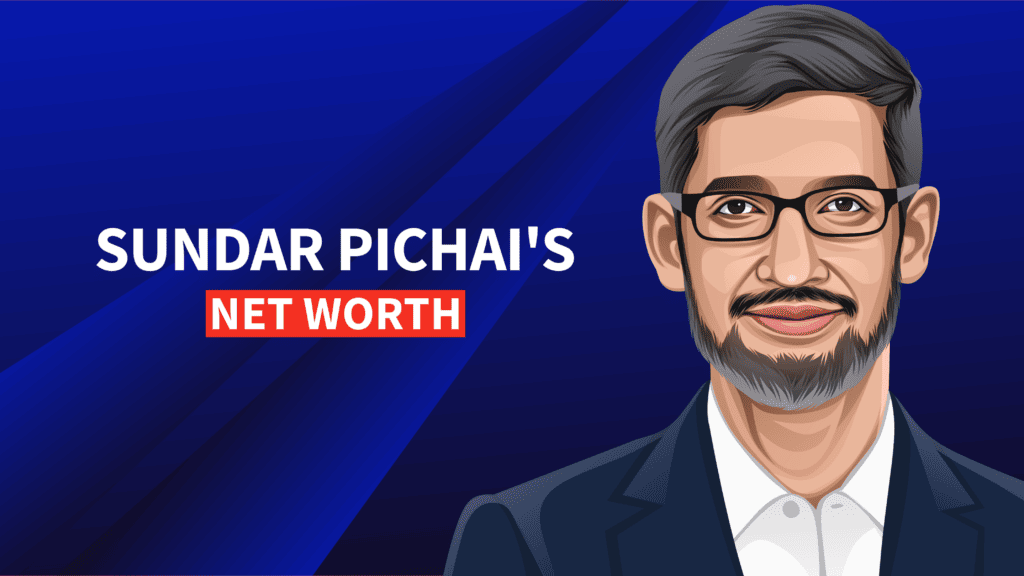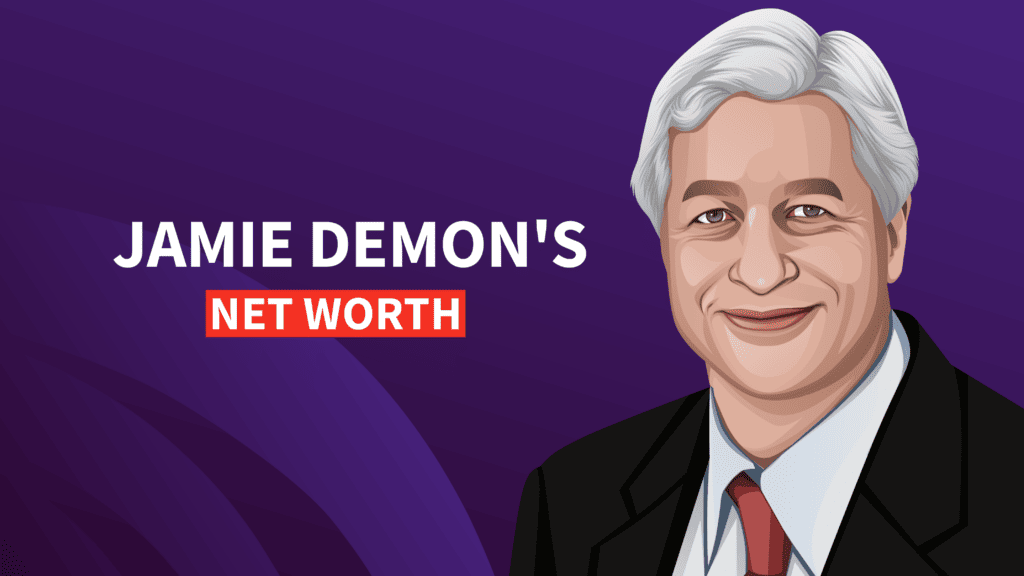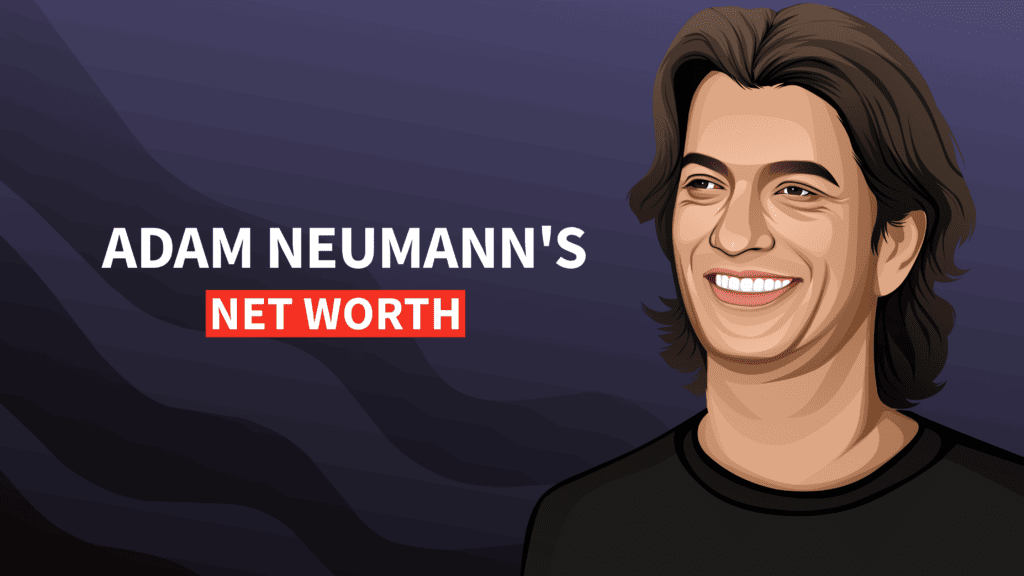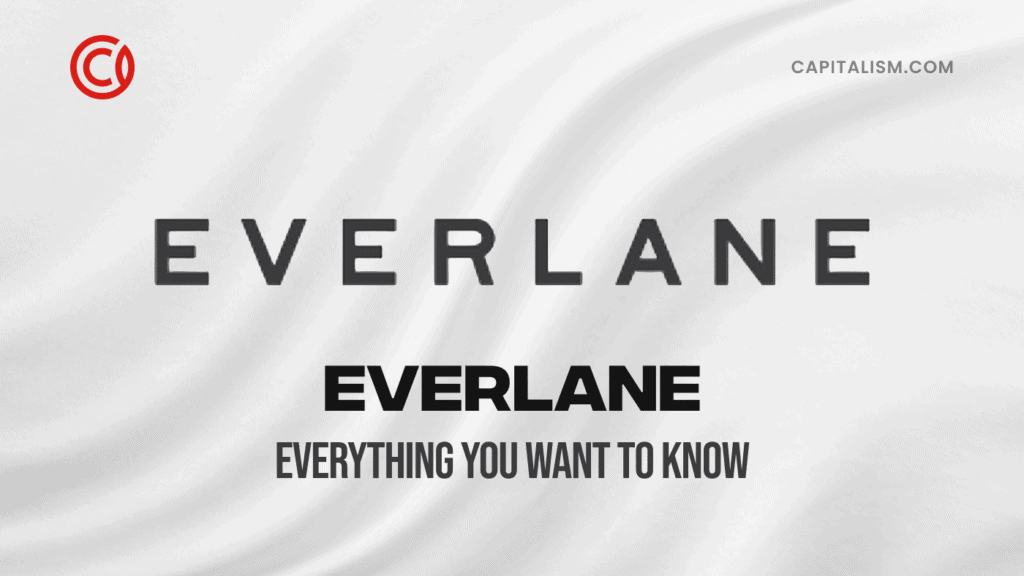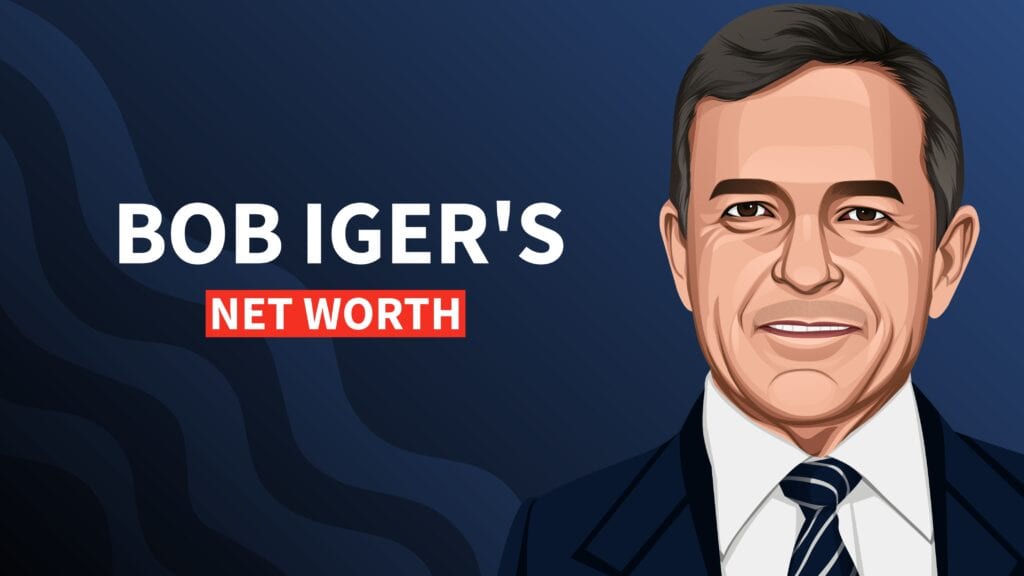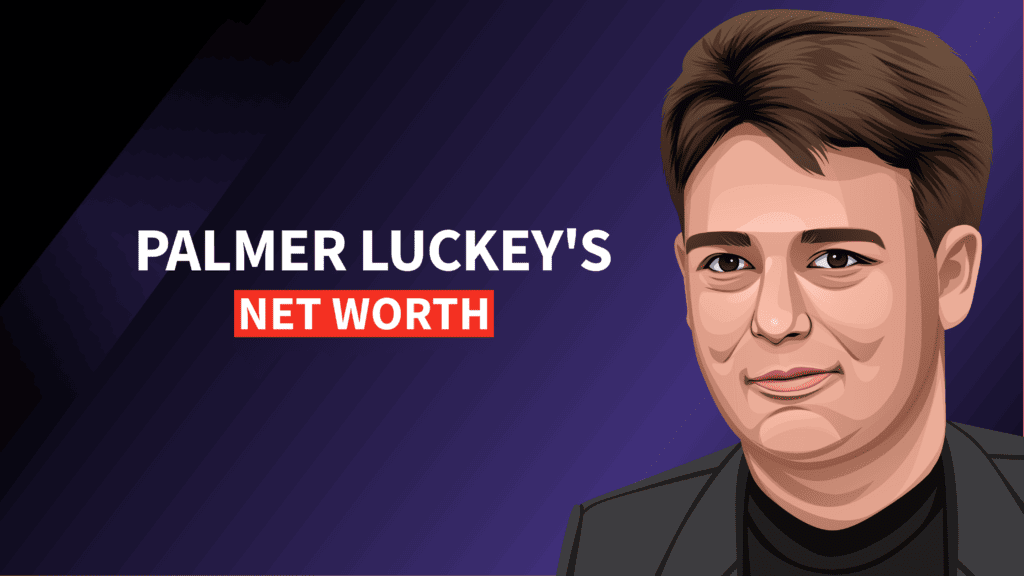Most people, rightly, don't give a toss about the second name on the ticket. But thanks to Joe Biden's age and mental state, his choice for Vice President takes on a new urgency. Just who is Kamala Harris?
Kamala Harris possesses a remarkable personal history. After two decades in public service, she's now the candidate for the United States' vice presidency. In this article, we'll look at her origin story, her rapid career rise, and the pros and cons of her being Joe Biden's running mate.
She's been the San Francisco District Attorney, California Attorney General, and U.S. Senator representing California during her career.
But where did it all begin?
Where was Kamala Harris born?
Kamala Harris - pronounced COMMA-la - was born on October 20, 1964, in Oakland, California.
Her Indian mother, Shyamala Gopalan, was a biologist. Her work on the progesterone receptor gene stimulated work in breast cancer research. Ms. Gopalan arrived in the United States from India in 1958. She was a graduate student in nutrition and endocrinology at the University of California, Berkeley.
Who is Kamala Harris' father?
Harris's father, Donald J. Harris, is a Stanford University professor emeritus of economics. He arrived in the United States from Jamaica in 1961 for graduate study at Berkeley also. He earned a Ph.D. in economics in 1966.
Mr. Harris and Ms. Gopalan were both passionate about civil rights. They married and had Kamala, and then another daughter, Maya. They divorced when Kamala was seven years old.
Kamala Harris has come under fire for referring to herself as black, rather than African-American. However, 90% of Jamaica's population came from Africa on the slave ships.
As a young girl, Harris attended both a Black Baptist church and an Indian temple.
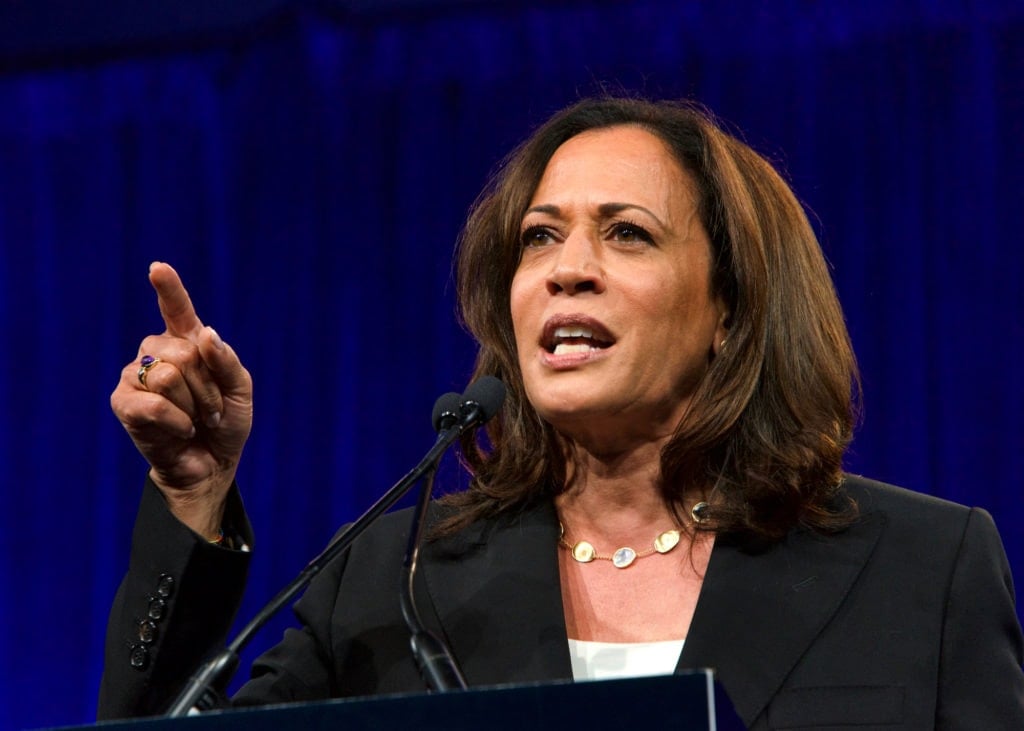
Where has Kamala Harris traveled and lived?
India:
Harris traveled to India often as a child. Her grandfather was P. V. Gopalan, a prominent career civil servant. He later served as Joint Secretary to India Government's Ministry of Labour, Employment, and Rehabilitation. Gopalan was also deputed to the Government of Zambia. He lived in Lusaka as Director of Relief Measures and Refugees to help Zambia manage an influx of refugees from Southern Rhodesia (now Zimbabwe).
Canada:
Her mother got a teaching job at McGill University and as a cancer researcher at Jewish General Hospital. So, Harris attended middle school and high school in Montreal, Canada. While there, a 13-year-old Harris and her younger sister, Maya, led a successful demonstration in front of their apartment building. They protested a policy that banned children from playing on the lawn.
College:
In her late teens, Harris fell in with a group of friends bound for historically black colleges. After high school, Harris attended Howard University, the prestigious historically Black college in Washington, D.C. There, she majored in political science and economics. She also joined the Alpha Kappa Alpha sorority.
She then headed back to the West Coast to attend law school in San Francisco. While going to classes, Harris lived with her sister, Maya, and helped care for Maya's daughter. (Maya's daughter was born when Maya was only 17.)
How did Kamala Harris's career start?
In 1990, Harris became a deputy district attorney in Alameda County, California. There she was later spoken of as "an able prosecutor on the way up."
In 1994, Harris started dating Willie Brown, a powerhouse in California politics. He was then the state assembly speaker and was 30 years older than Harris. Almost inevitably, Brown appointed Harris to two boards, the California Unemployment Insurance Appeals Board and the Medical Assistance Commission. These positions paid Harris about $80,000 per year in addition to her prosecutor's salary. It just looked terrible, though Harris defended her record at the time.
In 1995, Brown became mayor of San Francisco. That December, Harris broke up with him. "She concluded there was no permanency in our relationship," Brown told Joan Walsh in 2003. "And she was absolutely right."
Harris has never really shed the gossip surrounding her relationship with Brown. She had been looking for a life partner, and finally found one in 2014. But more on that later…
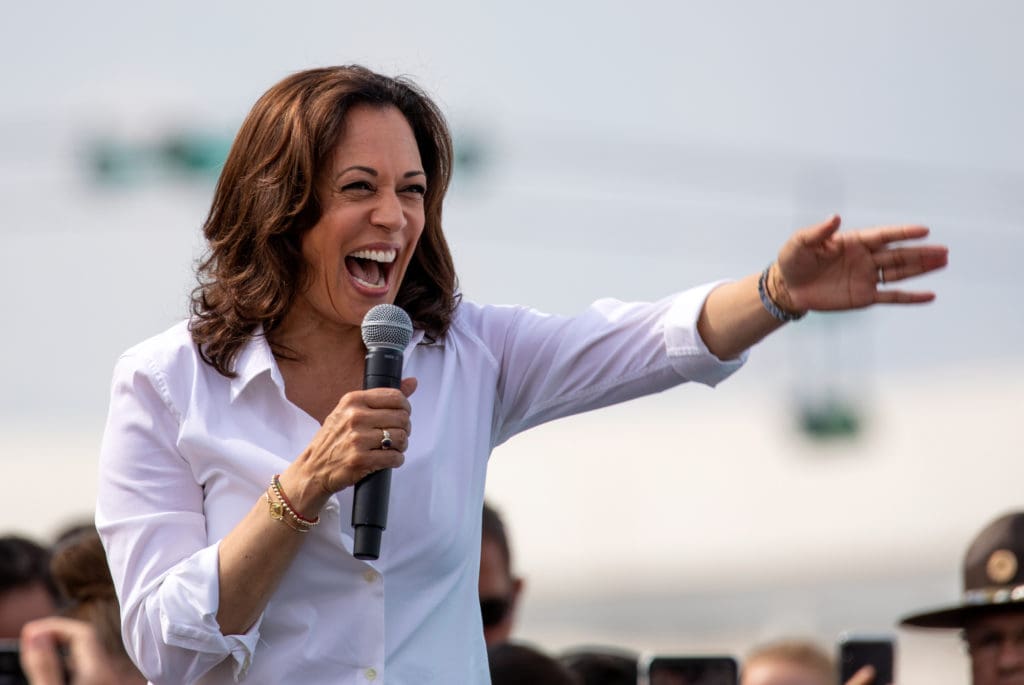
Assistant District Attorney Harris
In February 1998, San Francisco district attorney Terence Hallinan recruited Harris as an assistant district attorney. She became the Career Criminal Division chief, supervising five other attorneys. There, she prosecuted homicide, burglary, robbery, and sexual assault cases – particularly three-strikes cases.
In 2000, Harris reportedly clashed with Hallinan's assistant, Darrell Salomon, over Proposition 21. It would have granted prosecutors the option of trying juvenile defendants in Superior Court rather than juvenile courts. Harris campaigned against the measure. Salomon opposed directing media inquiries about Prop 21 to Harris and reassigned her, a de facto demotion. Harris filed a complaint against Salomon and quit.
Allegedly, she led that revolt against Salomon but failed. Hallinan said it was a case of Harris's already stigmatized ambition: She wanted the guy's job.
Hallinan should've let her have it. Because three years later, she'd wind up taking his job instead.
Kamala Harris as San Francisco District Attorney
In 2003, she ran for district attorney in San Francisco against her old boss Hallinan. Her message, a top strategist on that campaign, told POLITICO, was: "We're progressive, like Terence Hallinan, but we're competent like Terence Hallinan is not."
With her victory, she became the first Black woman in California to win the district attorney's election.
That same election, Gavin Newsom became mayor, succeeding Willie Brown. Newsom, now governor of California, is a close friend of hers. The two have even vacationed together.
One of Harris' most controversial decisions came in 2004. She declined to pursue the death penalty against the man who murdered San Francisco police officer Isaac Espinoza. At the funeral, Senator Dianne Feinstein delivered a eulogy. Feinstein criticized Harris, who was present. The eulogy prompted a standing ovation from the crowd of officers in attendance.
Police unions wouldn't back her for ages.
Harris faces criticism
Later, as California attorney general, Harris declined to support two ballot initiatives that would've banned the death penalty. This is part of the reason she sometimes comes across as inconsistent.
In another instance, Harris also came under scrutiny when a technician stole cocaine from the DA's crime lab and mishandled evidence. Harris, trying to keep things under wraps, failed to inform defense attorneys. About a thousand cases were thrown out.
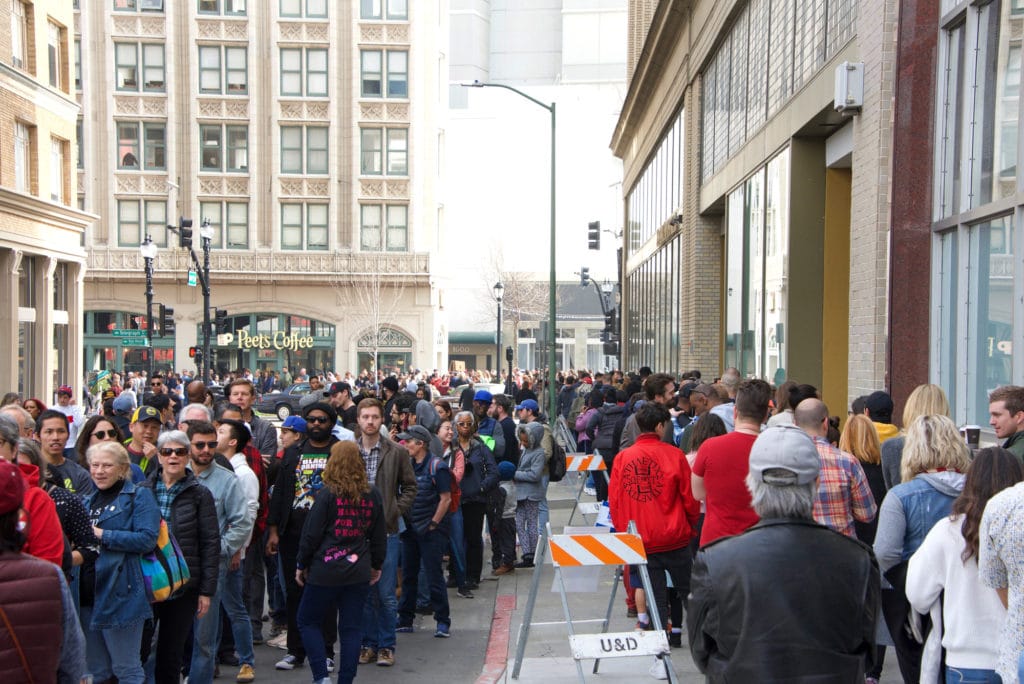
Jeff Adachi, the city's elected public defender, said, "When all that happened, I think she was slow to respond," while not blaming Harris directly. Some of the attorneys in Harris's office "knew it was a problem and never informed us, the defense, that there was a problem with this."
Adachi attended law school with Harris, incidentally.
Tulsi Gabbard skewered Harris with this in a debate. Ultimately, this ended Harris's Presidential aspirations (this time around). You'll see the full dialogue further down.
In San Francisco, she vocally supported a controversial 2010 law that made truancy a misdemeanor. It punished parents who failed to send their children to school. The truancy rate ultimately dropped, but some critics saw the rule as too punitive.
Both this case and the drugs case didn't go over so well in liberal San Francisco.
Kamala as California Attorney General
Again in 2010, in her second term as district attorney, Harris ran for California attorney general.
Few thought she would win the race. She was a woman of color from liberal San Francisco. Harris (inconsistently) opposed the death penalty. She was running against Steve Cooley, a popular white Republican who served as Los Angeles District Attorney. The race was so close on election night that the San Francisco Chronicle declared him the winner. Cooley even made a victory speech.
Three weeks later, the ballot counters finished. Harris won by 0.8 percentage points. (Amazing how history turns on these small points sometimes.)
Later, California received an offer of $4 billion in a national mortgage settlement over the foreclosure crisis. Harris fought for a more considerable amount by refusing to sign the deal. Although accused of grandstanding, she got $20 billion for California homeowners.
The California Department of Justice recommended in 2012 that Harris file a civil enforcement action against OneWest Bank. The grounds were "widespread misconduct" when foreclosing homes.
Harris, however, declined to prosecute the bank. The bank's CEO? Steven Mnuchin, current U.S. Treasury Secretary.
Harris also refused to investigate the police shootings of two Black men in 2014 and 2015. She didn't support a 2015 bill in the state assembly. It would have required the attorney general to appoint a special prosecutor specializing in police use of deadly force.
It's little wonder how some pejoratively call her a "cop."
Kamala Runs for U.S. Senate
Several years ago, Harris and Newsom's friendship came under scrutiny before the state's voters. Governor Jerry Brown was entering his final term. Newsom was the lieutenant governor, and Harris was attorney general. Governor was clearly the next job for each of them.
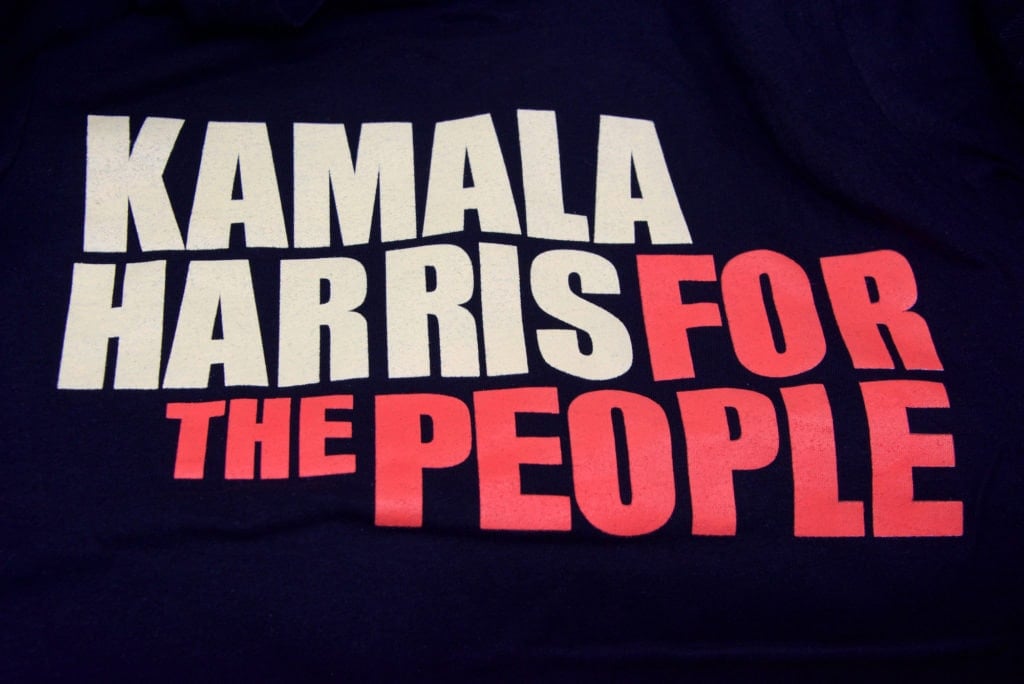
Nearing fever pitch, Barbara Boxer unexpectedly announced that she was giving up her seat in the Senate. Within days, Harris declared that she would run for the Senate. This cleared Newsom's way to become governor.
"It was very important when she decided because running against her for any office was not something I had any desire to do," Newsom, a co-chair of Harris's California campaign, said. "If she decided to run for governor, that would have been perilous in terms of my own considerations."
She's only been in the Senate since 2017, but then...
Is Kamala Harris running for president?
She was, and she ran hard. But she was losing in her home state and saw the writing on the wall.
She officially ended her presidential campaign in December 2019, a month before the Iowa caucuses. Her campaign's financial future and low poll numbers revealed the truth. Some blame internal turmoil for costing her the presidential bid. Aides accused Harris of mistreating her staff with sudden layoffs and allowing her sister, Maya, to have too much influence.
But let's recap the quick rise and sudden fall...
By far, the most significant mic drop of her presidential campaign came in the first Democratic debate. She blasted Joe Biden over his position on cross-district busing in the 1970s. She used a personal anecdote to illustrate her point:
“A little girl in California was part of the second class to integrate her public schools. And she was bused to school every day. And that little girl was me.”
As California attorney general, Harris worked closely with Biden's late son, Beau Biden, then Delaware's attorney general, challenging big banks in the wake of the housing crisis. In her book, The Truths We Hold: An American Journey, Harris says the pair "talked every day, sometimes multiple times a day."
Kamala Harris and Beau Biden
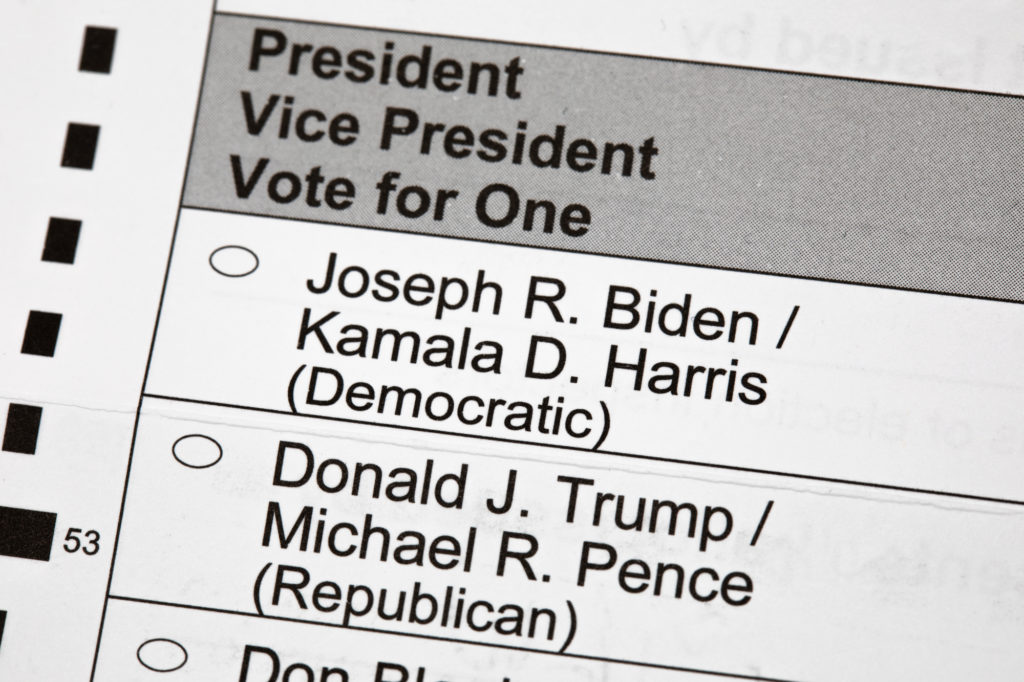
Because of her friendship with Beau, Harris' attack on the senior Biden during the first Democratic primary debate for his record on busing and working with segregationists came as a shock to the Biden campaign, his family, and the candidate himself.
"I was prepared for them to come after me, but I wasn't prepared for the person coming at me the way she came at me. She knew Beau, she knows me," Biden said in an interview later that summer. He said Harris had "mischaracterized" his position.
The surprise and backlash of that debate moment in Miami was still top of mind for Biden's wife, Jill, as recently as March. Jill Biden said in a virtual fundraiser, "Our son Beau spoke so highly of her and, you know, and how great she was. And not that she isn't. I'm not saying that. But it was just like a punch to the gut. It was a little unexpected."
Kamala Harris and Tulsi Gabbard
The shock of the attack on Biden gave her a quick surge, but then the downfall was swift. Tulsi Gabbard decapitated Harris in an August 2019 debate:
There's reason for concern about this record of Senator Harris. She put over 1,500 people in jail for marijuana violations and laughed about it when asked if she ever smoked marijuana.
Harris blocked evidence that would have freed an innocent man from death row. She kept people in prison beyond their sentences to use them as cheap labor for California, and she fought to keep the cash bail system in place that impacts poor people in the worst kind of way.
Harris had a chance to strike back, but weakly retorted:
I did the work of significantly reforming the criminal justice system of the state of 40 million people, which became a national model for the work that needs to be done. And I am proud of that work.
And I am proud of making a decision not just to give fancy speeches or be in a legislative body and give speeches on the floor, but doing the work of being in the position to use the power that I had to reform a system that is badly in need of reform.
But Gabbard wasn't having any of it, and finally buried her blade:
When you were in a position to make a difference and an impact in these people's lives, you did not, and worse yet, in the case of those who are on death row, you blocked evidence from being revealed that would have freed them until you were forced to do so.
There's no excuse for that, and the people who suffered under your reign as a prosecutor, you owe them an apology.
Harris never recovered from the exchange. It made her look hypocritical, indecisive, and corrupt all at once.
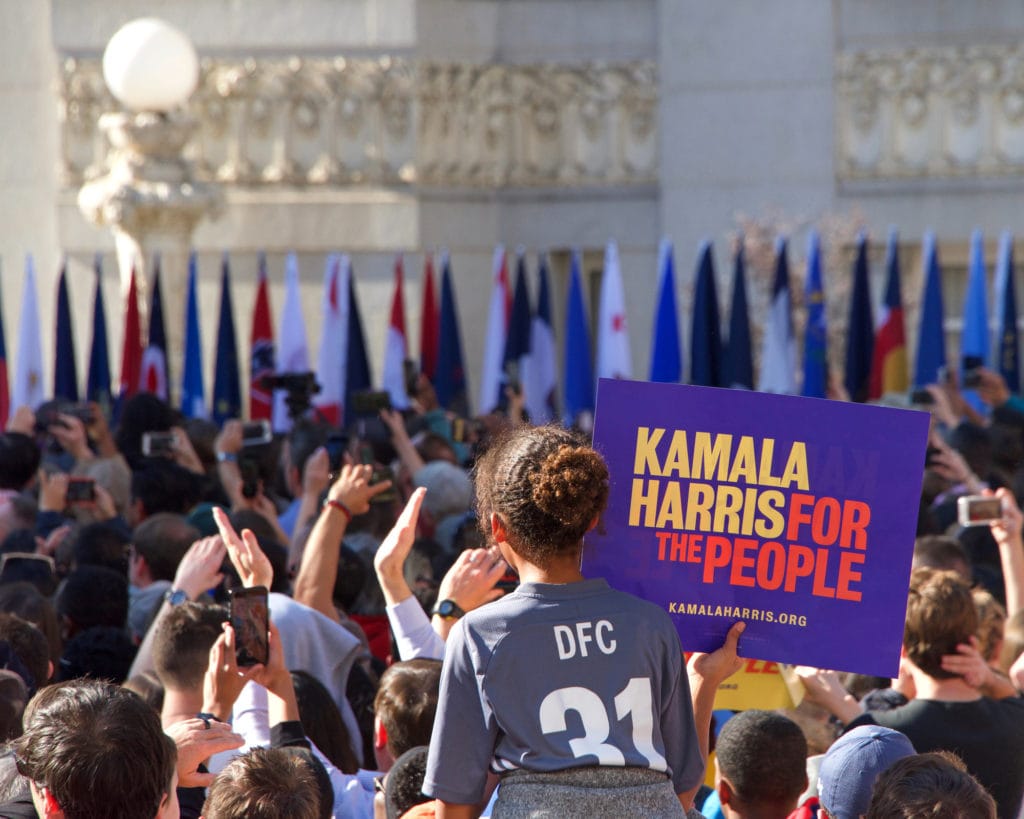
Who will Kamala Harris endorse?
It's telling she delayed her endorsement for Biden until March 8, 2020. That is until she had to endorse someone. There were no more women left in the race, and Biden's quest for the nomination was in the bag. Six days after the California primary, she threw her support behind Biden. She said he was a leader who could "unify the people."
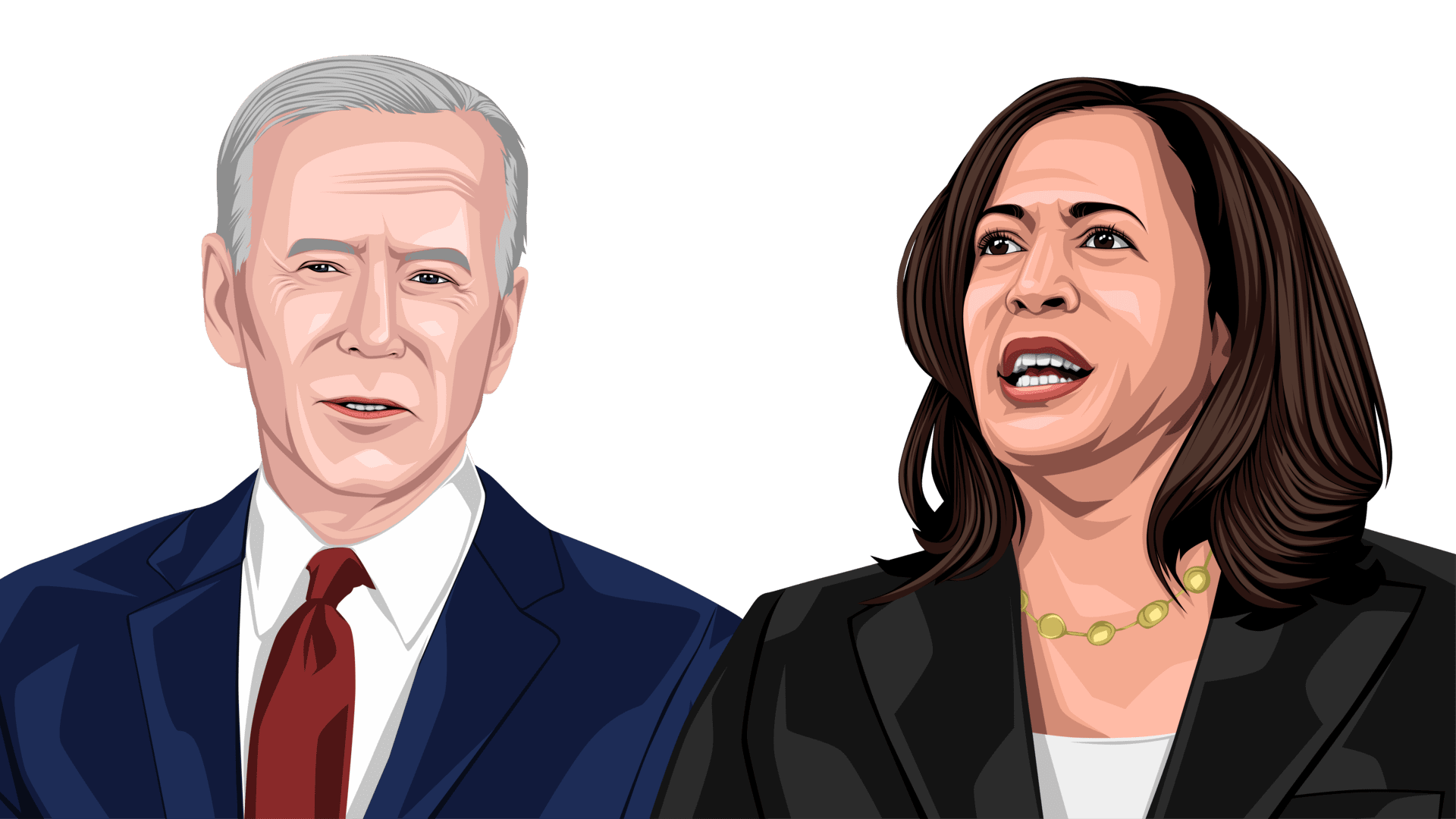
This, of course, may strike one funny, considering her blasting him in the first debate.
Is Kamala Harris a mother?
No, she's not. But she is a stepmother to her husband Douglas's two children, Cole and Ella. They call her "Momala."
How old is Kamala Harris?
Kamala Harris was born on October 20, 1964, making her 55 years old.
Who will be V.P. 2020?
Probably Mike Pence. But if it's not him, it'll be Kamala Harris.
What is Kamala Harris’ net worth?
Kamala Harris’ net worth is estimated to be $6.3 million.
The Takeaway
Entrepreneurs are the most potent force for positive change in the world. Entrepreneurs seek out problems, provide solutions, and serve their fellow man in the process. And they do it far better than any politician possibly could.
The government will do what the government will do. Increasingly, there's a sense that the people exist for the government's benefit - rather than the other way around. That's just one reason it's futile to expect the government to solve the nation's problems. It's just not equipped to do so.
In the end, whoever sits in the Oval Office, Downing Street, or the Kremlin, you determine your future.
As Murray Rothbard writes in his economic masterpiece Man, Economy, and State:
“No one has perfect foresight into the uncertain future. But free entrepreneurs on the market are better equipped than anyone else, by incentive and by economic calculation, to foresee and satisfy the consumers' needs.”
Entrepreneurs are the most excellent agents of positive change. That's because we are the ones who take ownership of problems, create effective solutions, and dedicate ourselves to serving our fellow humans. Therefore, the noblest and honorable thing you can do is to start a business.
And that's where we can help.
To help you get on this journey, we've put together some of our very best resources for you - and they're absolutely free. Get started today and create the change you want to see in the world.
Then, when you're ready to link arms with a whole community of collaborative entrepreneurs who are on the same journey, join us in The One Percent. We look forward to seeing you on the road to entrepreneurial success!
